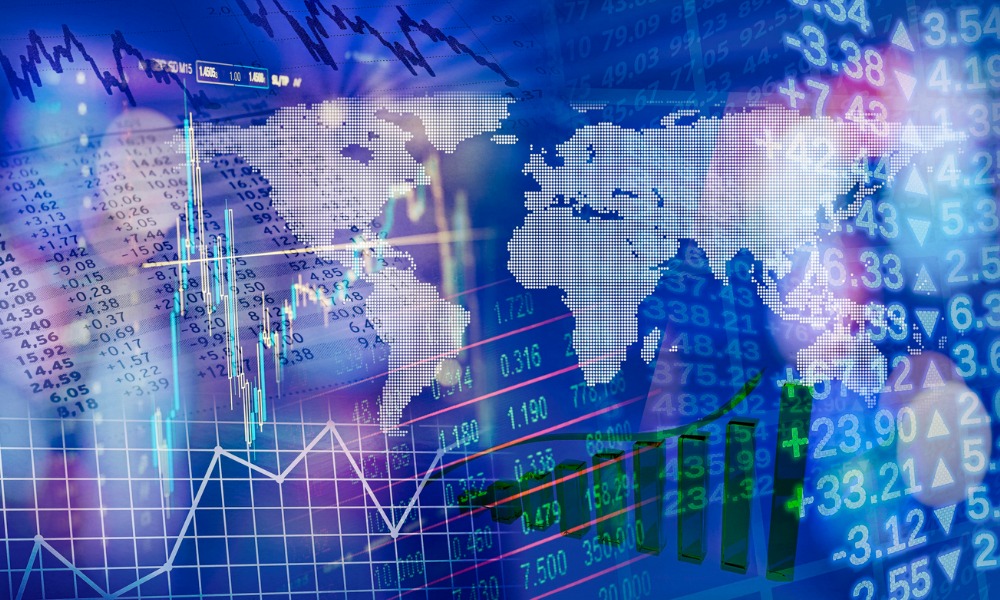Finance thought leader names world-spanning issues that can potentially transform the world in the next decade

The coronavirus pandemic, which has taken an undeniable toll across the world over the past year, is sure to take its place as a turning point in history. But one finance expert argues that as the decade wears on, three other themes are more likely to shape the world’s geopolitical trajectory.
“To me, the pandemic is not a geopolitical event because it is not triggered by political developments or has caused any major political frictions,” said Joachim Klement, CFA, in an interview published by the CFA Institute. “I consider it to be an external shock that is short-term in nature.”
That view might change with time, especially if the crisis wears on for several years and pours gasoline on heating tensions within and between countries. But for now, Klement said he believes that the return to normal will take longer than many expected, and that the greater acceptance of flexible work arrangements won’t totally displace long-held work practices or significantly reduce office space for businesses.
“There is enormous value in the personal interaction between people that is impossible to replace by video conferencing,” he said, pointing to surveys from Microsoft and other companies.
Instead of COVID-19, he sees three major geopolitical themes shaping the 2020s. First, he pointed to climate change and the switch from fossil fuels to renewable energy as a force that will separate winners from losers in financial markets.
He suggested that the U.S. has lagged behind Europe on the climate front, though that could change as every survey in the States now shows the majority of the population, including most Republican voters, now agree on the reality of climate change and its impact on the country. Still, investment professionals have yet to catch up, and are potentially missing plenty of lucrative opportunities.
“Just think of it this way: Surveys show that investors are willing to forgo some return to invest in a more sustainable portfolio and they are willing to pay about 0.5% more in fees per year to invest in portfolios with a sustainable investment angle,” Klement said. “Yet, many fund managers refuse to integrate ESG into their portfolios even though they could earn more money and attract more investors.”
Also significant, he said, is China’s rise and growing economic influence. He argued that COVID-19 has effectively boosted that trend as the Asian superpower has managed to digest the pandemic much better than Western countries. Now, its economy is expanding at a clip that surpasses pre-pandemic levels, while countries in the west are still trying to reclaim lost ground.
“We all have heard of the Belt and Road Initiative to finance infrastructure that ensures China has access to resources, suppliers, and end customers. But China is also working behind the scenes to make sure that Huawei and other Chinese manufacturers will not be excluded from 6G and other future technological standards that will shape the next decade and beyond,” Klement said.
Finally, he pointed to the increasingly central role cybersecurity and cyberwarfare will play among private companies and society overall. While people are increasingly conscious of the threats that lurk online, Klement asserted that the risk associated with them are still underestimated as a large-enough cyberattack can potentially trigger another financial crisis or severe recession.
“It’s a little-known fact but already today the cost to the US economy from cybercrime is somewhere between 0.6% and 2.2% of GDP,” he said. “And out of 1,300 companies surveyed in 2018, two-thirds said they were targets of cyberattacks, each company losing on average about $16 million per year.”



